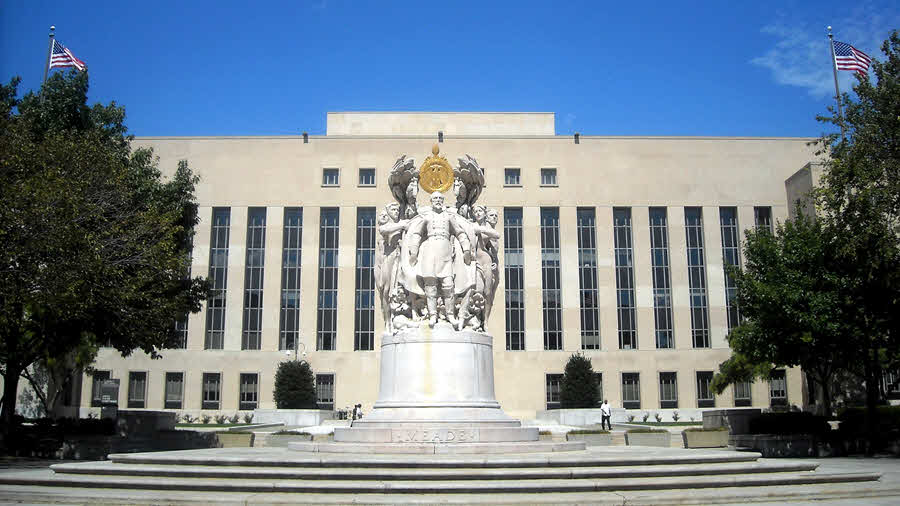Court Signals Green Light for Net Neutrality Argument

The smarter way to stay on top of broadcasting and cable industry. Sign up below
You are now subscribed
Your newsletter sign-up was successful
It looks as though oral argument in the Mozilla et al. challenge to the FCC's Restoring Internet Freedom order rollback, Title II-based network neutrality regulations and the Title II classification itself will proceed as planned Feb. 1.
The U.S. Court of Appeals for the D.C. Circuit says on its website that oral arguments scheduled for January and now February will take place, partial government shutdown or not.
Related: Judges Picked to Hear Net Neutrality Challenge
Various groups joined Mozilla in suing the FCC over the decision of the Republican majority to repeal rules against blocking, throttling and paid prioritization (as well as a general conduct rule meant to get at practices that didn't fit under those categories), as well as to reclassify both wired and wireless broadband as Title I information services.
The FCC's deregulatory order included preempting any state or local attempts to restore the rules it had just eliminated.
That was one of the things Mozilla et al. challenged.
Related: Pallone: FBI Investigating FCC's Net Neutrality Comment Docket
The smarter way to stay on top of broadcasting and cable industry. Sign up below
It will be just the latest twist in a circuitous route for net neutrality regs that has seen multiple legal challenges by both sides of the issue and calls for Congress to step in and clarify what the FCC's regulatory authority over the internet is and should be.
In its opening brief to the court last October, the FCC said that its order deregulating internet access simply restored the longstanding regulatory classification of broadband internet access service as an “information service” under Title I of the Communications Act" and returned to a "light touch" regulatory approach.
Public Knowledge, Mozilla, the Benton Foundation, INCOMPAS and others challenging the FCC's Restoring Internet Freedom order say that was not just bad policy but illegal.
Their argument is that the FCC decided the agency lacked all jurisdiction over the internet, a radical move that defined the statute, they say. Also in the "illegal" category, they argue was what they said was the FCC's "cherrypicking" of investment evidence to justify their predetermined outcome of reversing the Title II classification.
Joining Mozilla in suing the FCC were Vimeo, Inc.; Public Knowledge; Open Technology Institute; the States of New York, California, Connecticut, Delaware, Hawaii, Illinois, Iowa, Maine, Maryland, Minnesota, Mississippi, New Jersey, New Mexico, North Carolina, Oregon, Rhode Island, Vermont, and Washington; the Commonwealths of Kentucky, Massachusetts, Pennsylvania, and Virginia; the District of Columbia; the National Hispanic Media Coalition; NTCH, Inc.; the Benton Foundation; Free Press; the Coalition for Internet Openness; Etsy, Inc.: the Ad Hoc Telecom Users Committee; the Center for Democracy and Technology; the County of Santa Clara and the Santa Clara County Central Fire Protection District; the California Public Utilities Commission; and INCOMPAS.
Intervenors in support of the FCC included CTIA—The Wireless Association; NCTA—The Internet & Television Association; USTelecom—The Broadband Association; the American Cable Association; and the Wireless Internet Service Providers Association.
Contributing editor John Eggerton has been an editor and/or writer on media regulation, legislation and policy for over four decades, including covering the FCC, FTC, Congress, the major media trade associations, and the federal courts. In addition to Multichannel News and Broadcasting + Cable, his work has appeared in Radio World, TV Technology, TV Fax, This Week in Consumer Electronics, Variety and the Encyclopedia Britannica.

